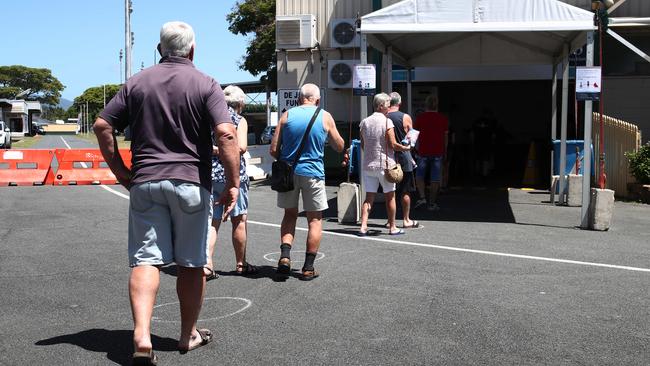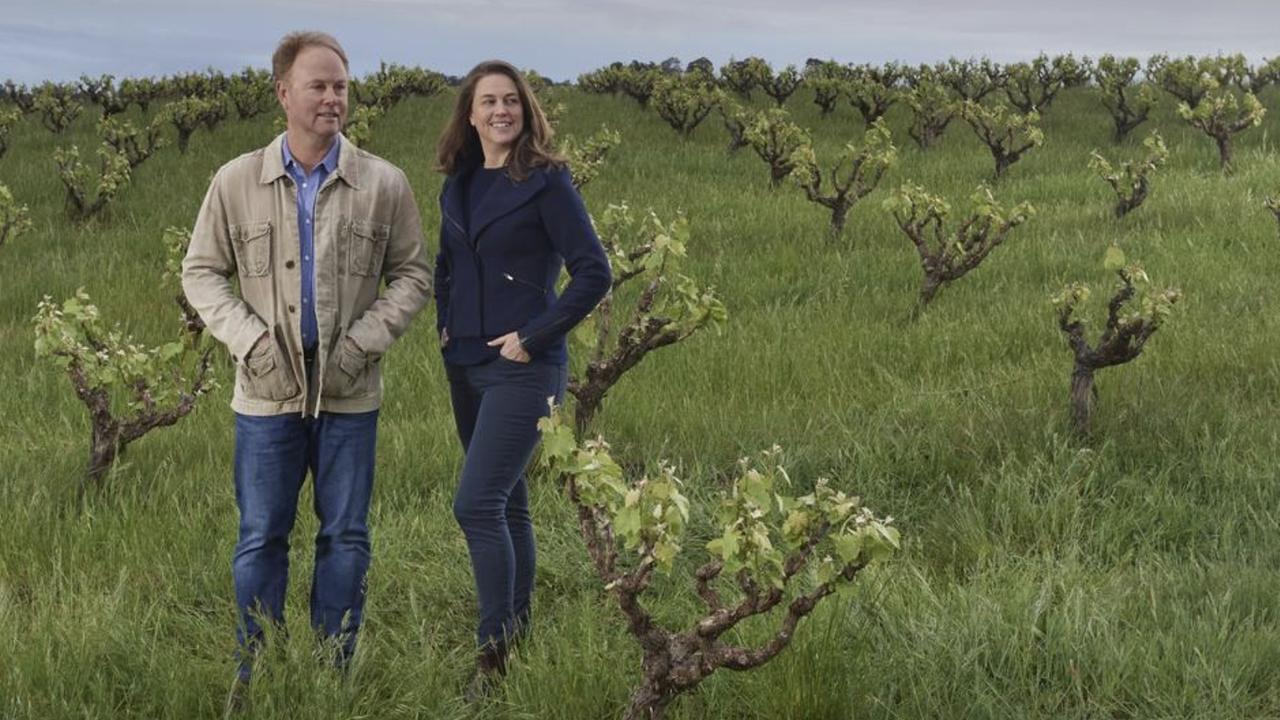
A few times every decade the nation comes together to perform an act of civic duty to enable the operation of our Commonwealth. But federal elections not only manage the transition, or continuance, of power; they are also a remarkably galvanising experience. Yes, elections expose political divisions. But there is also unity in the shared experience of 17 million voters traipsing to an electoral booth, running the gauntlet of how-to-vote volunteers, waiting in line, chatting with neighbours and perhaps finishing up with a sausage in bread from the local scout group. It’s kinda fun.
Later that day there are discussions with family and friends: have you voted, where did you vote, how was the traffic? Getting out and about and publicly voting is bonding. This isn’t so much an election weekend; this is a festival of Australian democracy.
There’s the volunteers, the candidates, the signage, the feeling that the rising tension over six (or is it eight) weeks will soon come to a climactic, dramatic end. An election result delivered in the crispness of a Saturday evening, even in autumn, is a bit like a thunderstorm releasing drought-busting summer rains upon a parched landscape. Thank goodness it’s arrived, it’s done, it’s over! Now we can all get on with our lives.
As election-day evening approaches the mood shifts and the festivities of the voting process turn to the gladiatorial spectacle of vote-counting. Here the pundits, the experts, the retired politicians reign supreme for a few hours while they dissect and interpret the earliest signs from each electorate. “Too early to tell”, “it’s early days yet” and “the West is still counting” eventually give way to bold prognostications that “a swing is on” and that “someone has called it”. Our festival of democracy comes with its own language.
Soon a decisive pattern, the undeniable democratic will of the Australian people, becomes apparent. The election-night mood shifts yet again. A likely winner is identified. But this festival now demands observance of a strict protocol. The vanquished must call the winner, offer personal congratulations and stoically thank volunteers, supporters and family. Then comes the victor’s speech. Calls for silence are ignored by the rapturous applause of the gathered faithful. Eventually the room quietens. The victor opens with generous words for their opponent, and thanks staff, volunteers and supporters. There is a grand vision for the future and a healing call for all Australians to unite, to work together, to help strengthen our nation, to make it fairer, more sustainable, more inclusive.
Within hours (if not minutes) the circling begins as the job of the vanquished is up for grabs. The numbers men and women begin the gruesome task of ensuring that the best candidate, or at least their candidate, is elevated to the top job. To the victor goes the prestige and spoils of office; to the vanquished goes the prospect of a quiet life in retirement writing memoirs, or rewriting history, or perhaps the quietude of the backbench.
I have never been attracted to the world of politics either as a candidate or as a staffer. It seems like a brutal business and never is that process more on display than in the lead-up to a federal election. Many would say this is all just part of the winnowing process; training for the honour of running the country. I suspect that under the scrutiny of the 24/7 news cycle and social media it gets harder for parties to attract good candidates willing to put themselves through the grind. While the political process should never fail to be robust, it should always remain respectful.



